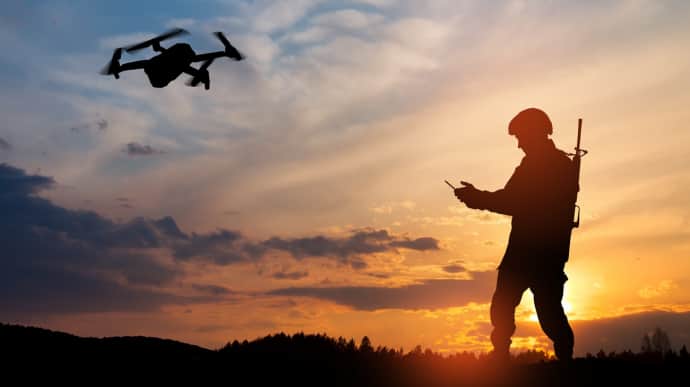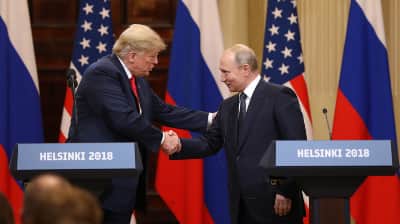Ukraine considers allowing drone exports amid UAV shortage – FT

Ukraine plans to lift the ban on drone exports as state resources are insufficient to cover all military needs for unmanned aerial vehicles, making it necessary to attract funds for their production.
Source: Financial Times
The Ukrainian army urgently needs drones for aerial reconnaissance, protection, and long-range attacks. However, limited state resources do not allow for covering all military needs, prompting drone manufacturing companies to seek opportunities to sell their products abroad to generate funds for producing new drones for the army.
Oleksandr Marikovskyi, head of the Ukrainian parliament’s economic subcommittee, says the export of drones could bring Ukraine up to US$20 billion in revenue – "just the money that we lack".
Following Russia's full-scale invasion in 2022, Ukraine banned the export of military goods to ensure its army has all the necessary resources.
However, the government lacks the financial capacity to purchase all available drones and invest in their development. Allowing the export of surplus products is seen as a way to attract investors.
Meanwhile, Russia has significantly increased its weapon production, and Ukrainian industry participants estimate Russia's advantage in drones on the battlefield to be between 5 and 10 to 1.
Dmytro Khasapov, head of Ukrspecsystems, one of the largest manufacturers of unmanned aerial vehicles (UAVs), stated that Ukrainian military forces "have a colossal shortage of drones".
This year's state budget for Ukrainian armaments is only US$6 billion, of which about a third is allocated for the procurement of drones – far less than what is needed to meet demands of the military.
For Ukrainian manufacturers, the primary clients remain the state and charitable funds that collect private donations for military needs. This often leads to short-term or delayed contracts and a lack of long-term guarantees for investing in the development and testing of expensive components.
Some Ukrainian companies, such as Ukrspecsystems, have begun producing their products in Poland to bypass export restrictions. Marikovskyi noted that this trend could lead to a brain drain and reduced tax revenues, making the question of lifting the ban even more pressing.
The Roboneers company, which manufactures drones, electronic jamming systems, and cargo transport vehicles for frontline troops, reported that it wins state tenders at prices that only cover production costs. The greatest challenge for every Ukrainian company is research and development of new technologies.
The anticipated lifting of the export ban is expected to encourage Western partners to start providing financial support to Ukrainian manufacturers. Some countries have already pledged to allocate funds for the procurement of drones for the Ukrainian army, but these programs are still in their early stages.
Support UP or become our patron!






